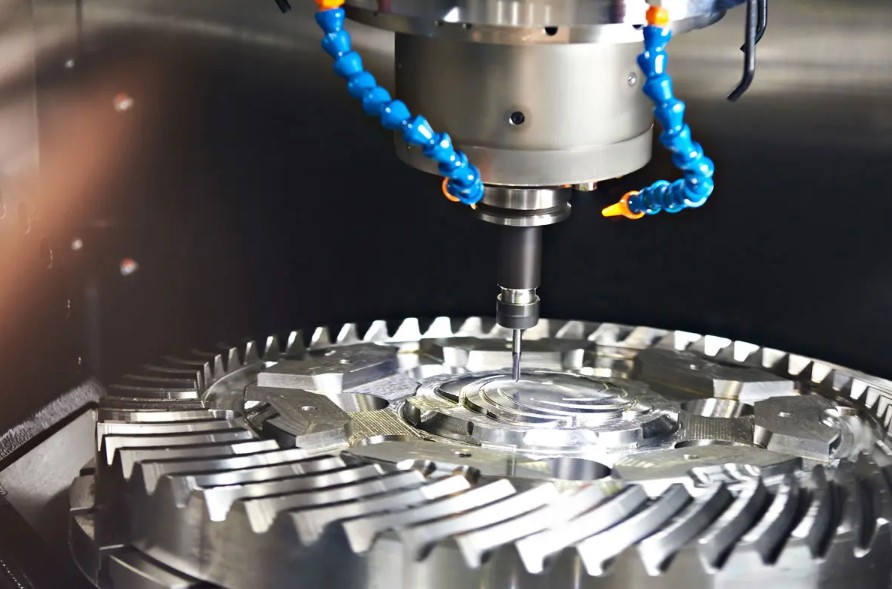The Power of Precision: Why Precision Parts Manufacturing Is Essential in Today’s Industries

In today’s fast-paced, technology-driven world, even the smallest mechanical components must meet exacting standards. Whether it’s aerospace, automotive, medical devices, or electronics, precision parts manufacturing has become the backbone of modern industry. This highly specialized process ensures that every component, no matter how small, performs with flawless accuracy and consistent reliability.
What Is Precision Parts Manufacturing?
Precision parts manufacturing involves the production of components with extremely tight tolerances—often within microns. These parts are fabricated using high-tech machinery like CNC (Computer Numerical Control) machines, electrical discharge machines (EDM), laser cutters, and advanced inspection tools. The goal is to produce parts that perfectly match design specifications, often for high-performance or safety-critical applications.
Industries That Rely on Precision Manufacturing
- Aerospace and Defense: The aerospace industry demands perfection. From jet engine parts to satellite components, precision ensures safety, performance, and compliance with strict regulations.
- Medical and Healthcare: Surgical instruments, implants, and diagnostic devices must be manufactured with microscopic precision to ensure safety and effectiveness.
- Automotive: From engine components to transmission gears, precision parts help vehicles run smoothly and safely.
- Electronics: Microchips, connectors, and other tiny parts in your phone or computer rely on precision machining to function reliably.
Benefits of Precision Parts Manufacturing
- Exceptional Accuracy: Advanced equipment and skilled engineers ensure that parts are produced to exact specifications, reducing variability and error.
- Consistent Quality: Automated processes ensure uniform quality in every batch, which is essential for high-volume production.
- Material Efficiency: Precision machining minimizes waste, leading to cost-effective production and more sustainable use of materials.
- Speed and Scalability: Once programmed, CNC and automated systems can produce large quantities quickly while maintaining tight tolerances.
Technology Driving Precision Manufacturing
Modern precision manufacturing is driven by a combination of hardware and software innovations. CNC machines, 5-axis milling, additive manufacturing (3D printing), and AI-powered quality control systems have revolutionized the industry. These technologies allow for quicker prototyping, faster iteration, and even greater accuracy than ever before.
Why Choosing the Right Partner Matters
Not all manufacturers are created equal. Partnering with a reliable precision manufacturing company ensures:
- Compliance with international standards (e.g., ISO 9001, AS9100)
- Access to the latest machinery and inspection equipment
- Experienced technicians and engineers who understand complex requirements
- On-time delivery and consistent performance
Final Thoughts
Precision parts manufacturing plays a silent yet vital role in our daily lives. From the car you drive to the medical devices that save lives, these components make modern conveniences and technological advancements possible. As industries continue to demand higher performance and tighter tolerances, precision manufacturing will only grow in importance.
If your business relies on components that must perform without fail, investing in high-quality precision parts manufacturing isn’t a luxury—it’s a necessity.